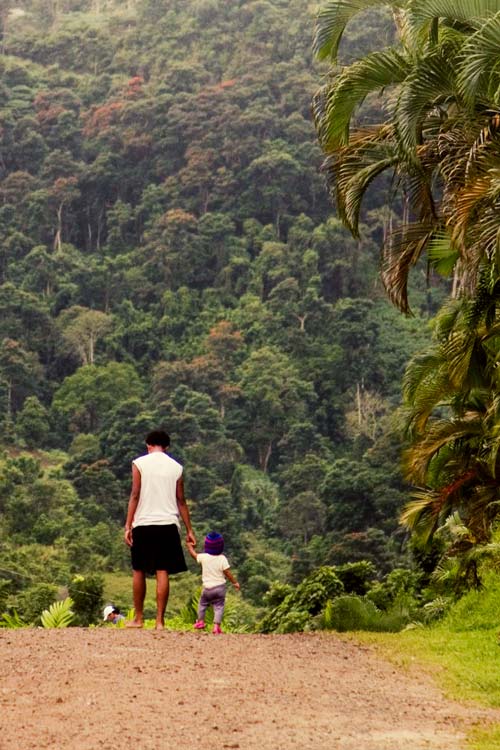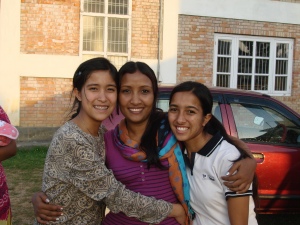Ari’s story begins in Secundrabad, Andhra Pradesh. As an infant, her mother ran from her unfaithful husband and took Ari to live on the streets of Pune, surviving only by begging at the railway station. When Ari was five years old, tragedy struck as the hard street life claimed her mother, leaving Ari alone and desperate.
Ari was adopted by her mother’s friend but was soon sold to a brothel. At first, Ari was used for housework, but at eight years old she was forced into the sex trade. When she refused customers, she was beaten with an iron rod. Her fragile body was not able to tolerate the pain and she became paralyzed on one side. With this condition, she was unable to satisfy the demands of her exploitation and was sent to the hospital for treatment.
Ari recalls a pimp saying:
“If she recovers bring her back if she dies throw somewhere and don’t mention it to anyone.”
While in the hospital, Ari met a social worker who took great pity on her and placed her in a shelter once she recovered. What could have been reprieve proved dangerous. After wit nessing the death of three children due to poor care, Ari and a young boy fled the shelter. Ari learned the boy had a 10-year-old sister enslaved in the red-light district of Pune. Ari helped rescue the sister and, with the help of police and a social worker, was able to rescue three other young girls from the brothel.
nessing the death of three children due to poor care, Ari and a young boy fled the shelter. Ari learned the boy had a 10-year-old sister enslaved in the red-light district of Pune. Ari helped rescue the sister and, with the help of police and a social worker, was able to rescue three other young girls from the brothel.
Alone again, Ari survived by begging on the streets. At 13 years old, she married a street boy, with whom she endured a dangerously violent marriage. When she gave birth to their daughter, Nan, her husband attempted to kill them by dousing them with kerosene and trying to burn them. Her mother-in-law rescued Ari and Nan but they quickly fled to the streets of Pune. With a child and no one to care for them, Ari became desperate and was forced to do what she despised the most, sell sex to survive. During this time, Ari married again and gave birth to a second daughter, Sajni.
In her darkest hour of desperation, help arrived. Our partner in India met Ari and Nan and brought them home to a loving community where they receive spiritual support and education. Though Ari was born into poverty and sold into slavery, she was rescued into freedom. Today Ari and Nan are thriving with the help of Shared Hope and our partner in India.







